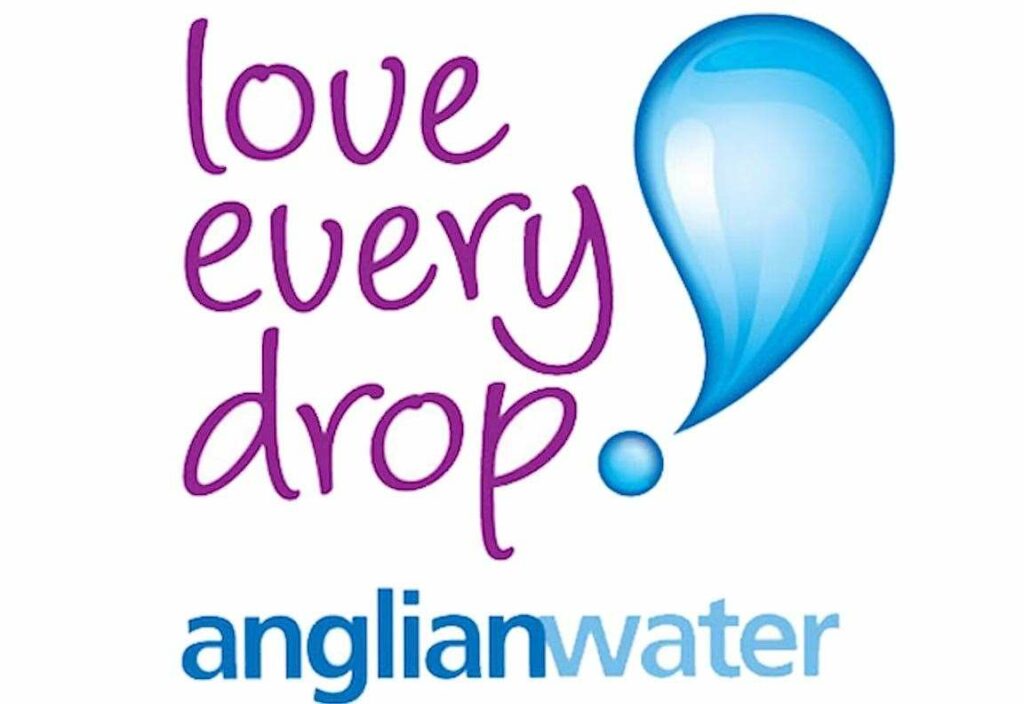The Observatory is actively exploring how novel approaches to mapping public engagement, and the additional insights they produce, can contribute to energy and climate-related decisions, innovations and new forms participation. We are undertaking a series of experiments to openly share and apply these mapping approaches and their findings with others.
In addition to being visualised through this website, briefings and an interactive online database, the Observatory’s mappings are being put into practice in collective experiments with partner organisations in government, business and civil society.

We are working with the Department of Energy Security & Net Zero (DESNZ) to openly explore how the Observatory’s approach to and mappings of public engagement might contribute to national policy-making and engagement strategies on net zero, energy and climate change. This will be achieved through a series of workshops and associated activities, involving DESNEZ colleagues with members of the Observatory team.
Expected outputs and outcomes include:

We are working with Anglian Water and a range of other project partners on the Triple Carbon Reduction project. This is a demonstration project for the installation of new hydrogen technologies in waste water management, which have the potential to reduce harmful gas emissions from water treatment and generate energy from hydrogen. Through this project we are building on observatory mappings of public engagement with net zero and hydrogen energy technologies, alongside new mappings of public engagement with water companies and waste water management, to inform the approach to customer and community engagement taken in the project and in future installations of new hydrogen technologies in waste water management. This involves translating observatory mapping outputs for a range of industry stakeholders and affected communities, to collaboratively generate recommendations for future innovation and community engagement around waste water management.

We are working with the Dutch Ministry of Economic Affairs and Climate Policy and TNO Research to apply insights from the UKERC Public Engagement Observatory to the implementation strategy of the Dutch Climate Agreement. Through this collaboration, we explore how our mapping participation approach, and the comparative case mapping method in particular, could be applied in the Dutch climate policy setting. The collaboration and impact is ongoing, but this application of our UKERC comparative case mapping approach has already changed how public participation is viewed and perceived by representatives in the Dutch Ministry, has led to a change in how public participation is practiced, and stands to benefit the Dutch public by providing a new way for public views to be heard in national policy making processes.

We are working with Lancaster University, the Climate Change Committee, and Shared Future on a Citizens’ Panel on Home Energy Decarbonisation. The panel brings together 25 citizens across the Birmingham area to understand what government and people can do to take action on climate change in their homes, with sessions taking place between April and June 2022. The collaboration is part evaluation of the Citizens’ Panel initiated, and part demonstration experiment exploring what difference the Observatory’s approach to and mappings of participation might make to the design, practice and evaluation of the Citizens’ Panel. Specifically, under the terms of the Observatory’s demonstration experiment, this collaboration goes significantly beyond standard questions of good deliberative process design to include two novel considerations. First, the experiment draws on the Observatory’s mappings to explore how the citizens’ panel fits into the wider landscape of public engagement on climate and energy issues, and how the research team reflect this landscape in process design and result presentation decisions. Second, the Observatory team prompts and considers how the organisers navigate process design and result interpretation challenges in light of the latest thinking around reflexive participatory practice

We are working with Faculty for a Future (F4F) and the UEA Biodiversity and Climate Action Network (BCAN) on a People’s Assembly for Making UEA fit for a Climate-Changed Future. The assembly aims to help create a vision, provide recommendations, and catalyse action in response to the climate crisis. Under the terms of the Observatory’s demonstration experiment, this collaboration goes significantly beyond current approaches to institutional decision-making and to public deliberation. First, whilst institutional decision-making focuses on infrastructural change and emissions reduction, the assembly aims to open-up the problem of making UEA fit for a climate-changed future to show a range of possible answers and broader public concerns through implementing a simplified Distributed Deliberative Mapping approach to deliberation. Second, the experiment actively explores what the benefits of participatory mapping of public engagement with climate change might be in shaping and enhancing the People’s Assembly.